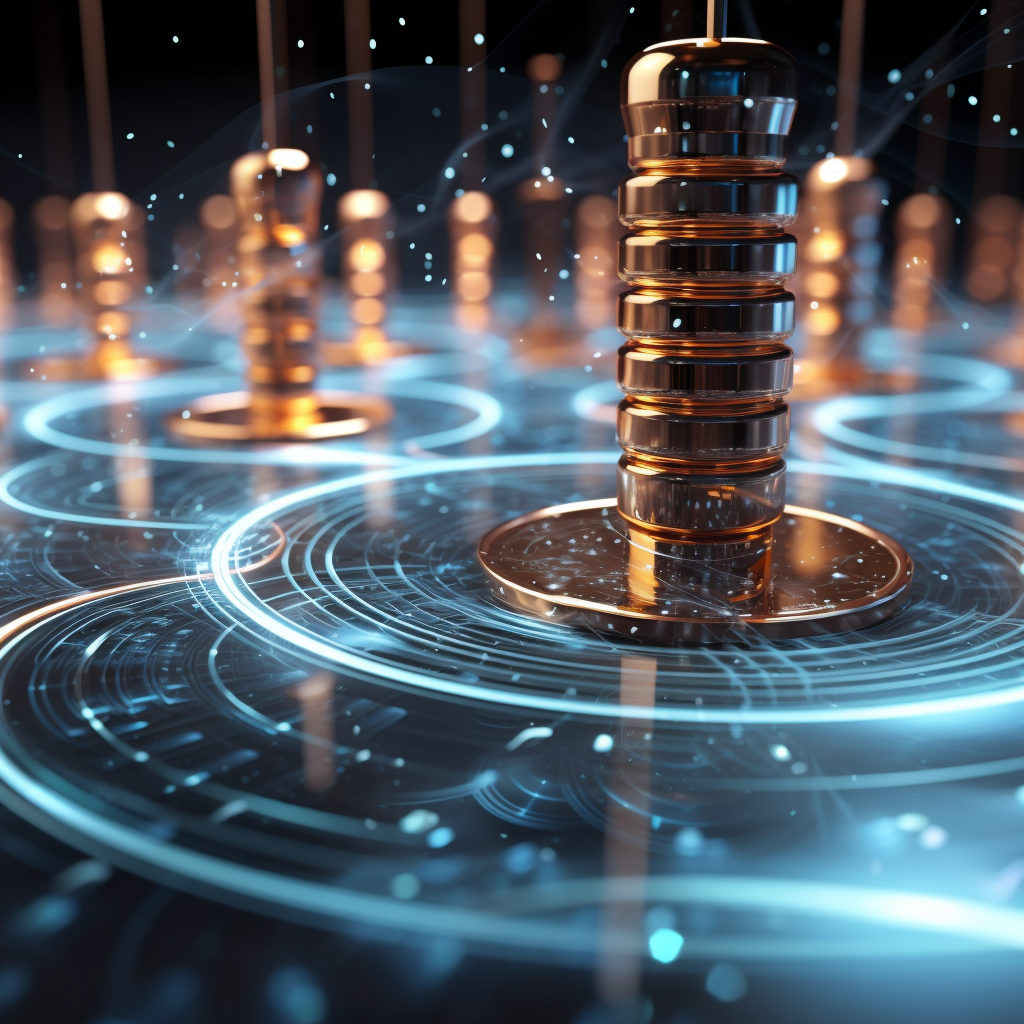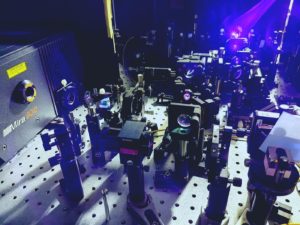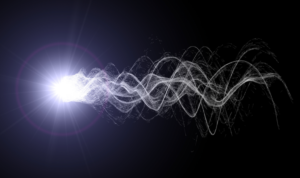 The basic idea here is how do we model processes that emit outputs at continuous points in time? If the process is Markovian (like the spontaneous emission of radiation), then things are easy - as we don't need to track how much time has elapse. But as soon as events turn out to be non-Markovian, things get a bit hairy. If one starts tracking how much time has elapsed since the last output, then the memory cost grows without bound when we want to model the process of unbounded temporal precision.
The basic idea here is how do we model processes that emit outputs at continuous points in time? If the process is Markovian (like the spontaneous emission of radiation), then things are easy - as we don't need to track how much time has elapse. But as soon as events turn out to be non-Markovian, things get a bit hairy. If one starts tracking how much time has elapsed since the last output, then the memory cost grows without bound when we want to model the process of unbounded temporal precision.
In this article, we devices a way to avoid these infinities. We demonstrated that quantum systems can exactly replicate such a continuous time process using only finite memory. Quantum mechanics hence can allow for the simulation of such processes to arbitrary precision, sidestepping memory issues encountered by classical devices.
- Superior memory efficiency of quantum devices for the simulation of continuous-time stochastic processes - Thomas J. Elliott and Mile Gu, npj Quantum Information 4,18
The work has been highlight by the Centre for Quantum Technologies, and also catalyzed a popular science article at the foundational questions institute:
- Want more efficient simulators? Store time in a quantum superposition
- Centre for Quantum Technologies Highlight - The Quantum Hourglass—How a Quantum Time-keeper Can Replicate Continuum Temporal Events
- Foundational Question Institute public article




